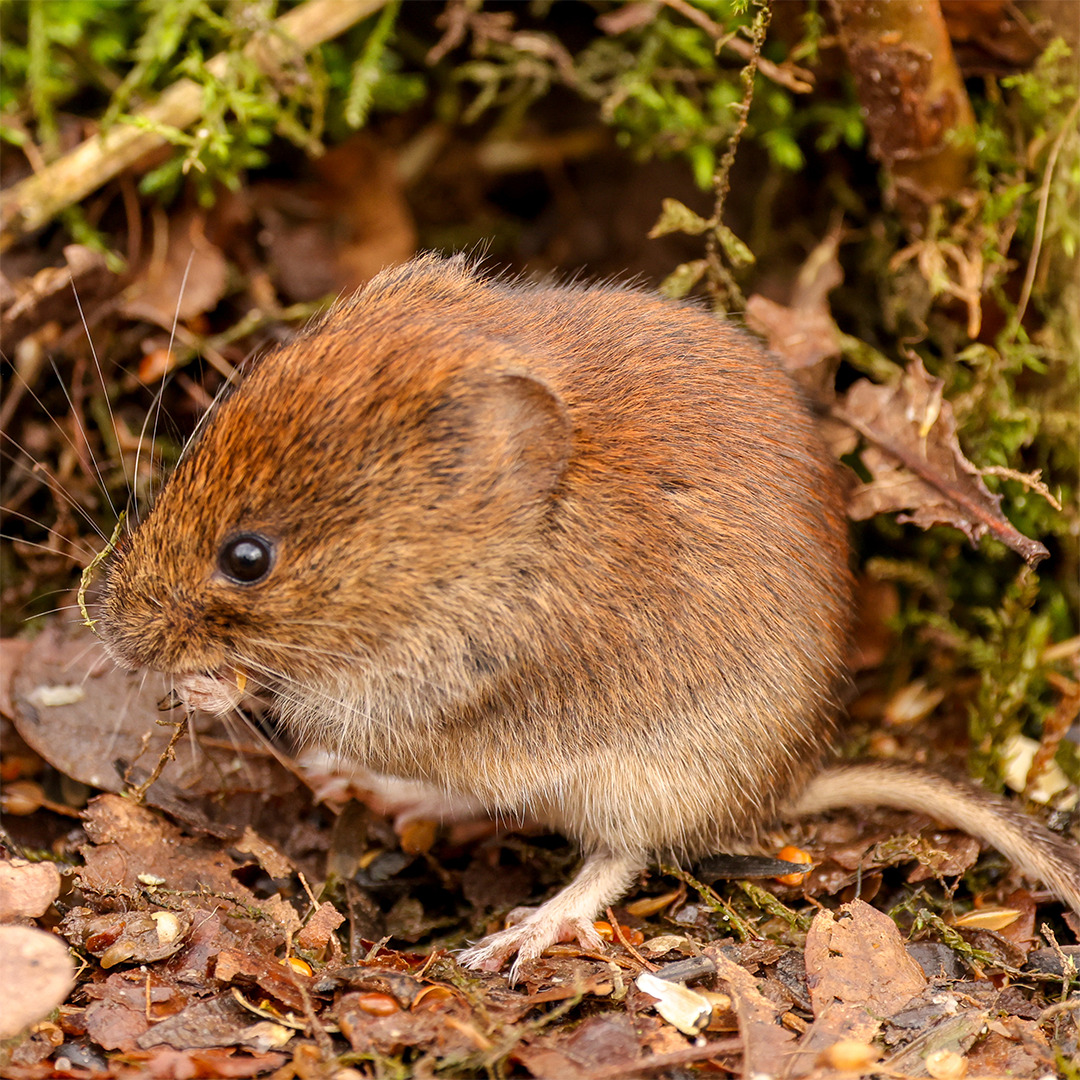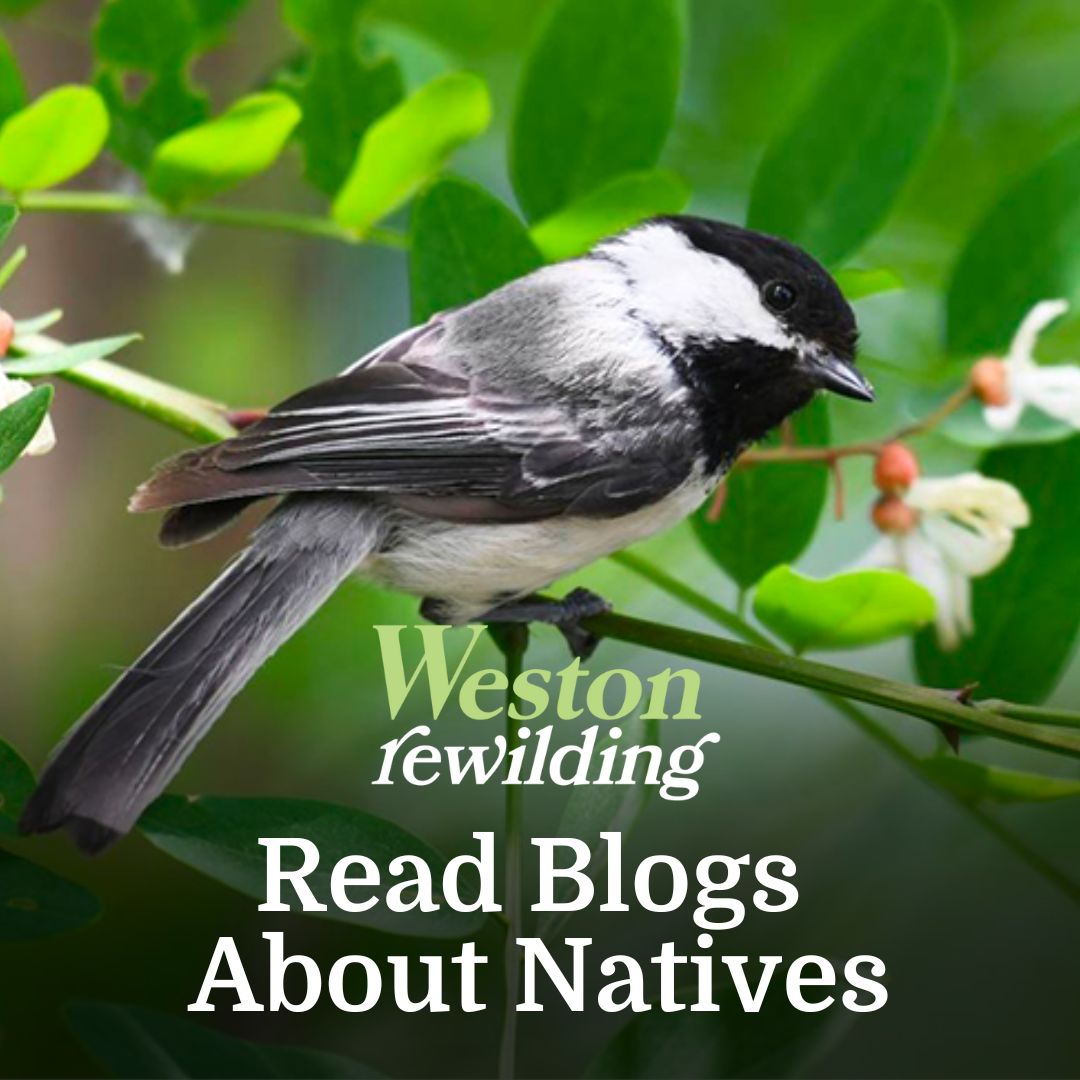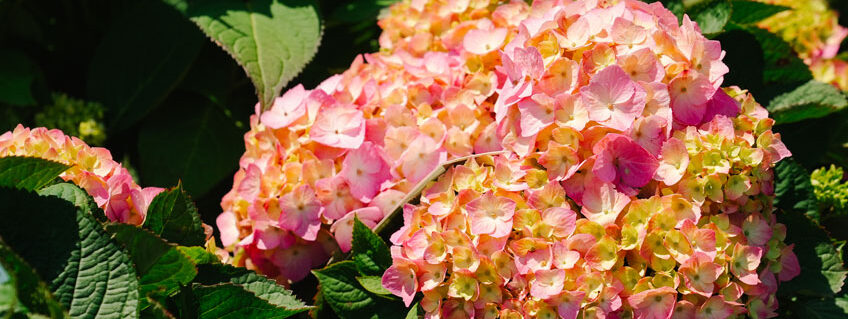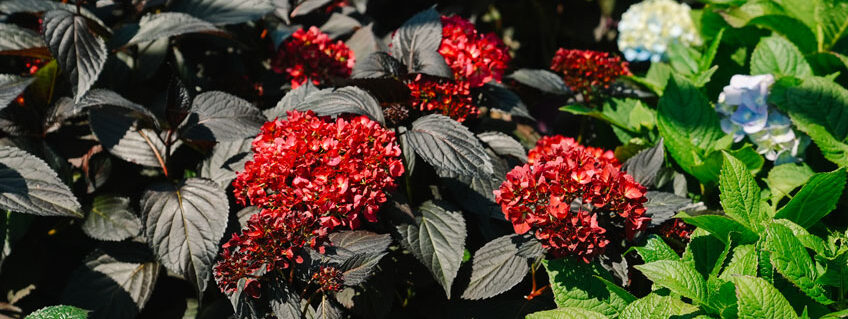by Thomas Christopher
Okay, I admit it, voles are cute. With their small pudgy bodies and short tails, they look like undersized, feral hamsters, to whom they are in fact related. But whereas hamsters are house pets, voles roam free in your garden. Voles are vegetarian, too, which can spell trouble for your plants. Their most heinous habit is that they like to chew the bark off the base of young trees and shrubs, with fruit trees being a favorite.
That’s why voles are on my mind. I planted several plums, a couple of bush cherries, and two honeyberries in my food garden last spring, and I know that winter is a hungry season for voles. They clear a network of runways under the snow or fallen leaves, so that they can remain unseen while they forage, and I am afraid they’ll find the additions to my garden. I’ve wrapped the base of these trees and shrubs with spiral-cut, cylindrical plastic tree guards, but even those aren’t fail-safe. One winter a couple of decades ago, a three-foot-deep snowfall allowed the voles to tunnel upward and over the tree guards I had installed around 50 little apple trees I had grafted myself. When the snow melted, I was confronted by the sight of fifty little trunks that were bone-white and bark-less from the top of the tree guards upward.
Two species of voles are common in the Northeast, the meadow vole (Microtus pennsylvanicus) and the woodland vole (Microtus pinetorum). The common names indicate the sort of habitat each species prefers, but in our patchwork of field and forest, you may find yourself encountering either one.
The woodland and the meadow vole also differ in their dining habits. Both are active burrowers, making nests underground, but woodland voles also rely on burrowing to eat tubers, bulbs, and roots, especially those of young fruit trees although they will also attack other woody plants and perennials. The meadow voles commonly forage above ground, eating fresh grass, sedges, flowers, and tree bark. However, meadow voles are also known to eat roots, tubers, and bulbs.
Vole populations typically rise and fall in cycles of 4 years or so, with booms at times of food abundance, followed by crashes as populations of predators such as hawks, owls, and foxes increase locally in response to the greater availability of prey – voles are a favorite food source for them. Weasels, shrews, bobcats, and even coyotes also depend on voles as a source of protein. In fact, voles are an important element of the wildlife food chain in our region. Voles have adapted to this by becoming hugely prolific. The females mature sexually at the age of 25 days on average, and thereafter they can reproduce roughly every three weeks, giving birth to litters of 1-10 young, often bearing young from more than one father in a single litter. It’s a brief if fertile existence: although voles have lived to two and a half years in captivity, the typical lifespan in the wild is two to three months.
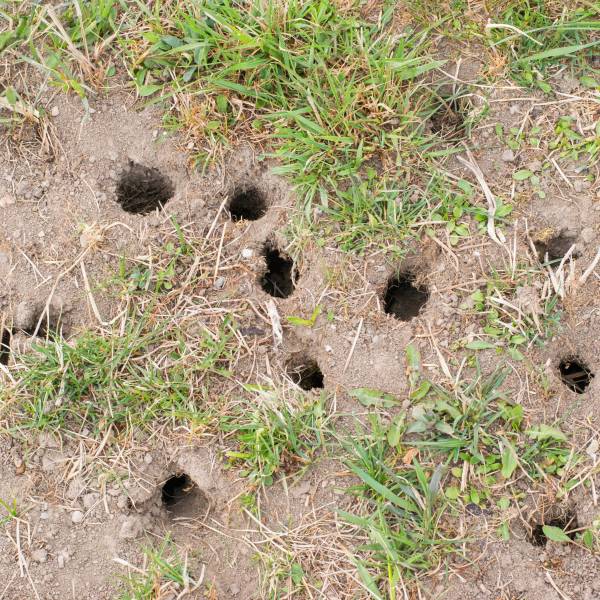
This emphasis on rapid reproduction makes it difficult to eliminate voles when they invade your garden. A mouse trap baited with peanut butter or an apple slice and placed near and perpendicular to one of their runs or an entrance to their burrow will dispose of an occasional individual, but that won’t have a significant impact on the population size. Various poison baits are recommended for reducing vole populations, but they pose an unacceptable risk to other wildlife and pets. Repellents based on castor oil are supposed to make the plants in your garden unappetizing to voles and many customers report success with them, although there is little reliable research to support this claim. Likewise, there is little proof that ultrasonic repellers, devices you place in the garden to deter voles with high-pitched sounds that humans cannot hear, are effective at all.
I prefer the option of making my landscape unwelcoming to voles. That includes eliminating wood and brush piles that can provide them with retreats, and mowing the lawn short around the garden, so that the voles have to expose themselves to predators when they want to forage there. Voles are reluctant to take that chance, and if they do, they are much more likely to end up as prey. In times of infestation, you should also avoid dressing the landscape up with mulch, as the voles can use that as cover under which to excavate their runs.
In sum, if I want a cute rodent, I’ll adopt a hamster.
Thomas Christopher is a volunteer at Berkshire Botanical Garden and is the author or co-author of more than a dozen books, including Nature into Art and The Gardens of Wave Hill (Timber Press, 2019). He is the 2021 Garden Club of America’s National Medalist for Literature, a distinction reserved to recognize those who have left a profound and lasting impact on issues that are most important to the GCA. Christopher’s companion broadcast to this column, Growing Greener, streams on WESUFM.org, Pacifica Radio and NPR and is available at berkshirebotanical.org/growinggreener.
Be-a-Better-Gardener is a community service of Berkshire Botanical Garden, located in Stockbridge, Mass. Its mission, to provide knowledge of gardening and the environment through a diverse range of classes and programs, informs and inspires thousands of students and visitors each year.
Reprinted with permission…


